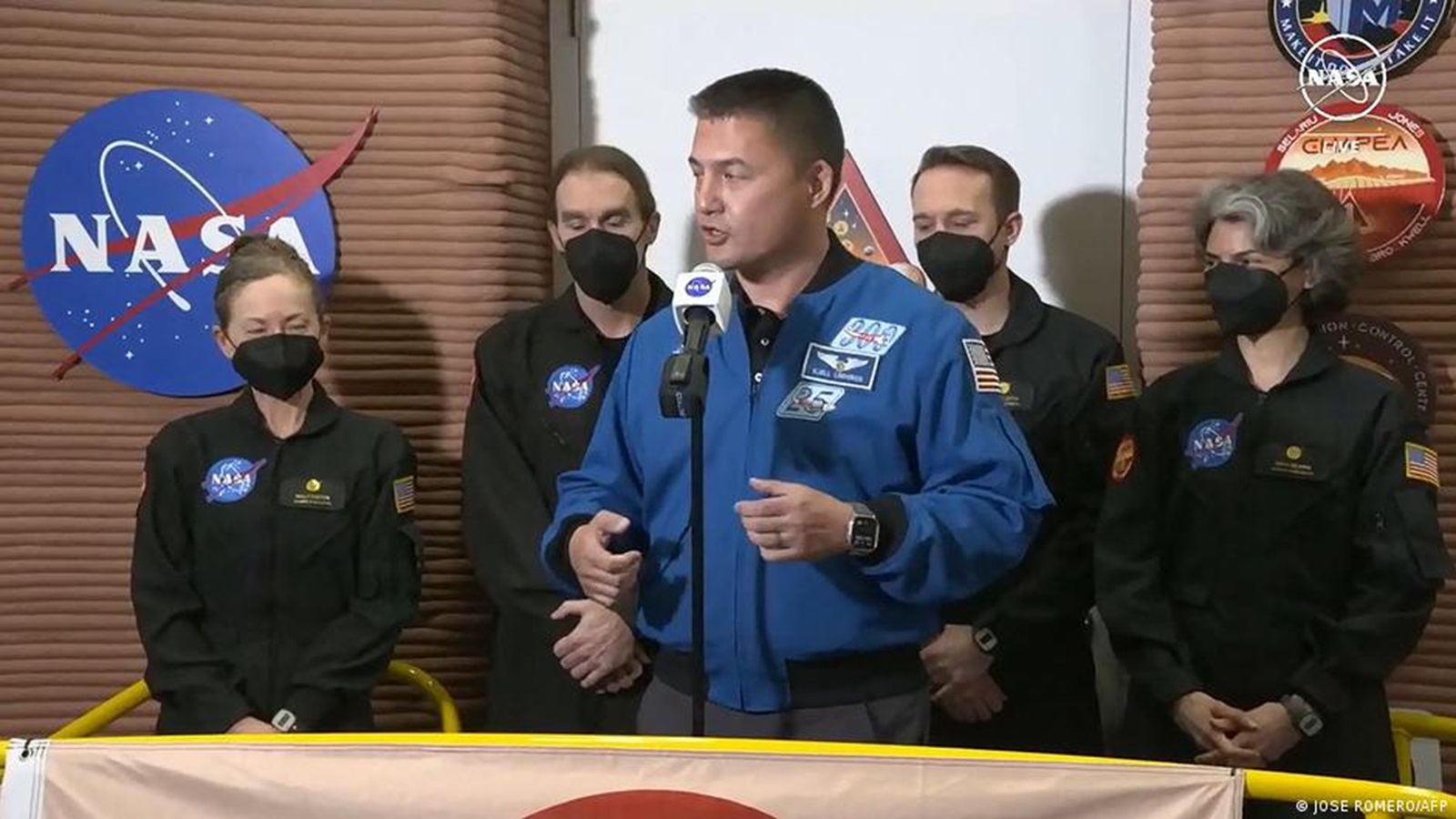In an effort to supplement funding for coral reef research and restoration, the Mote Marine Laboratory launched the “Protect Our Reefs” specialty license plate program. This initiative has been successful in generating additional funds for POR grants, which support partnerships in research, education, and conservation efforts. Since its inception in 2004, the Mote “Protect Our Reefs” Grants Program has reviewed 433 proposals and awarded grants to 245 projects totaling over $5.2 million.
During her time at the Mote lab, Dr. Gravinese will be joined by two talented students, Taylor Queen from Athens, Tennessee, and Gillian Smith from Indianola, Iowa. Their research focuses on the grazing behavior of Caribbean king crabs, which are being used by NOAA to control algae growth on coral reefs. Taylor is investigating the effectiveness of this approach and where it would be most successful with the goal of providing insight for coral restoration efforts.
Taylor’s senior thesis revolves around three main research questions related to the behavior of Caribbean king crabs. She is studying how chemical cues found in their environment impact their growth and survival as larvae, as well as investigating the impact of different ocean temperatures on their survival, oxygen consumption, and hatching success. Additionally, she is exploring how varying temperatures affect the swimming speed and behavior of the larvae, providing insight into potential changes in their population demographics as water temperatures rise.


